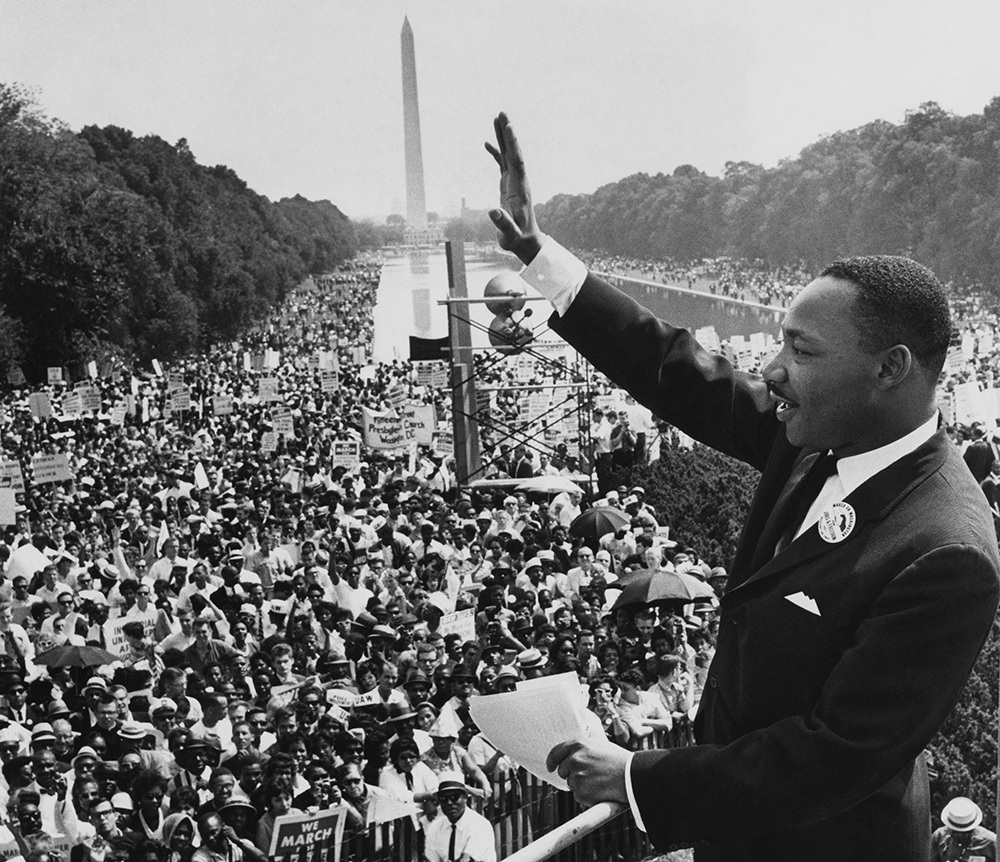

“He would lean back, close his eyes, and tears would run down his face as she would sing to him.” “When he would get very down and depressed, he would ask his secretary Dora McDonald to get Mahalia on the phone,” he says. She was one of his most trusted advisors - and an informal therapist of sorts, as Jones frames it. The FBI later stepped up its surveillance of King, which lasted until his assassination in 1968.Some credit goes to the gospel singer Mahalia Jackson, King’s former legal counsel Clarence B. After the event, FBI official William Sullivan wrote that King’s “powerful, demagogic speech” meant that “we must mark him now.as the most dangerous Negro of the future in this Nation.”Īt the FBI’s urging, Attorney General Robert Kennedy authorized the installation of wiretaps on King’s phone and those at the offices of his organization, the Southern Christian Leadership Conference (SCLC), ostensibly to look into potential communist ties. suburbs to quell possible rioting (which didn’t happen).

Policing of the march turned into a military operation, codenamed Operation Steep Hill, with 19,000 troops put on standby in the D.C. 1963.Ħ.) At the same time, the success of the speech attracted the attention (and suspicion) of the FBI.įederal authorities monitored the March on Washington closely, fearing sedition and violence. The image of “this sweltering summer of the Negro’s legitimate discontent” echoes the opening soliloquy in William Shakespeare’s Richard III (“Now is the winter of our discontent”), while the soaring end of the speech, with its repeated refrains of “Let freedom ring” calls on the 19th-century patriotic song "My Country 'Tis of Thee," written by Samuel Francis Smith.įinally, King’s speech repeatedly draws on the Bible, including an allusion to the Book of Psalms (“Weeping may linger for the night, but joy comes with the morning”) and a quote from the Book of Isaiah (“Every valley shall be exalted, and every mountain and hill shall be made low.”), to name just two references.Ī badge featuring Martin Luther King, Jr., and the quote from his famous speech 'I Have a Dream', c. After 100 years, King noted, “the Negro is still not free,” and the rights promised in the Declaration of Independence and the Constitution were still denied to Black Americans. “Five score years ago,” King began, referencing the opening of Abraham Lincoln’s Gettysburg Address as well as the Emancipation Proclamation, which had gone into effect in 1863.

How Robber Barons Flaunted Their Money During the Gilded AgeĤ.) The speech makes allusions to the Gettysburg Address, the Emancipation Proclamation, the Declaration of Independence, the U.S.


 0 kommentar(er)
0 kommentar(er)
